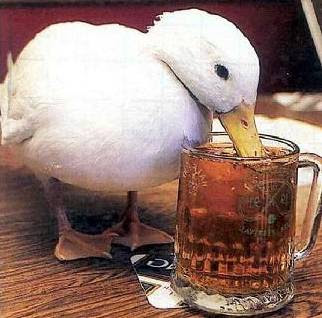coldfish wrote:The following players have lead their team to 15 of the last 30 titles: Lebron James, Michael Jordan, Tim Duncan.
I think part of the allure of tanking is that all time great players (like top 10) have won most of the titles. Having one is pretty much the best way to build a contender. I get it.
Look at the odds though. Just how long do you have to tank in order to get one of these guys? I wouldn't be surprised if you would have to tank for 100 years on average to land one of these people because even if you have the worst record in a year when one of them is coming out, you only have a 14% chance of getting him. That's not a plan. As others have said, its pure luck.
If you want an actual plan, the goal would be to build up a quality organization with the ability to sign or trade for a second tier superstar (Kawhi, Butler, Davis, etc.) when they come available.
Just as a general note: The new lottery odds have effectively discouraged tanking but the result is that they have made success more random. NOP is a fantastic example. They got Zion with the 7th worst record I believe. The Bulls got Rose with the 9th worst. This type of thing is going to happen a lot going forward where a not-so-bad team adds an elite player.
I agree with a lot of what you say, but I think it oversimplifies things.
To trade for a superstar, you pretty much need that player to want to play for you. In order to do that, you typically need a desirable city and another superstar with you already. How do you already have a desirable superstar? Typically, the draft. Probably half the cities are almost completely excluded from attempting this anyway. Unless the opportunity is overwhelming a lot of teams have no chance of doing this just due to desirability of location. Bulls are fortunate to not be one of those teams. We're probably (all other things equal) somewhere between 5th and 8th most desirable market.
I agree the lottery odds make purposefully being bad for an extended period of time somewhat a fools errand. If you are going to do that, you need to go all in Philly, Boston, or OKC style. Add tons of extra picks when you strip things down, and then build up as best you can after that. The goal is to bottom out once, in a really good draft year, have lots of extra picks, use them, hope that core builds into the team good enough to attract a star, and if not, try again in a few years IMO.
Like right now, the Bulls couldn't practically implement your plan. Yes, we could maybe put together a package where we trade 3 future 1sts and LaVine and some other junk for Harden whom will refuse to sign an extension and leave in 2 years, but then what? The only way you can implement the trade for the star plan is if a star just wants to be in your market or if you already have a great team (likely built through the draft).
The reason the draft is important is draft picks are win/tie assets. A guy is either a value contract and a good player for the price or on a deal small enough that it doesn't prevent you from doing anything. FA is generally lose/tie assets. The guy is typically signed to the most anyone will pay for him, which means his contract is set at the most optimistic value, and then if he performs that well, you get market value performance, and if he doesn't you lose. The exception is superstar contracts obviously.
So when building a team, if you can get a superstar and have control for any length of time, you should probably do it. If you can't, then building through the draft is more likely to be successful than building through FA. Granted, building through the draft shouldn't necessarily mean stripping down to nothing every year. If you are going to strip down, you need a ton of extra assets and then need to immediately start building again.
Effectively, this is what the Bulls attempted to do with Lauri, LaVine, and Dunn. It just didn't work.















